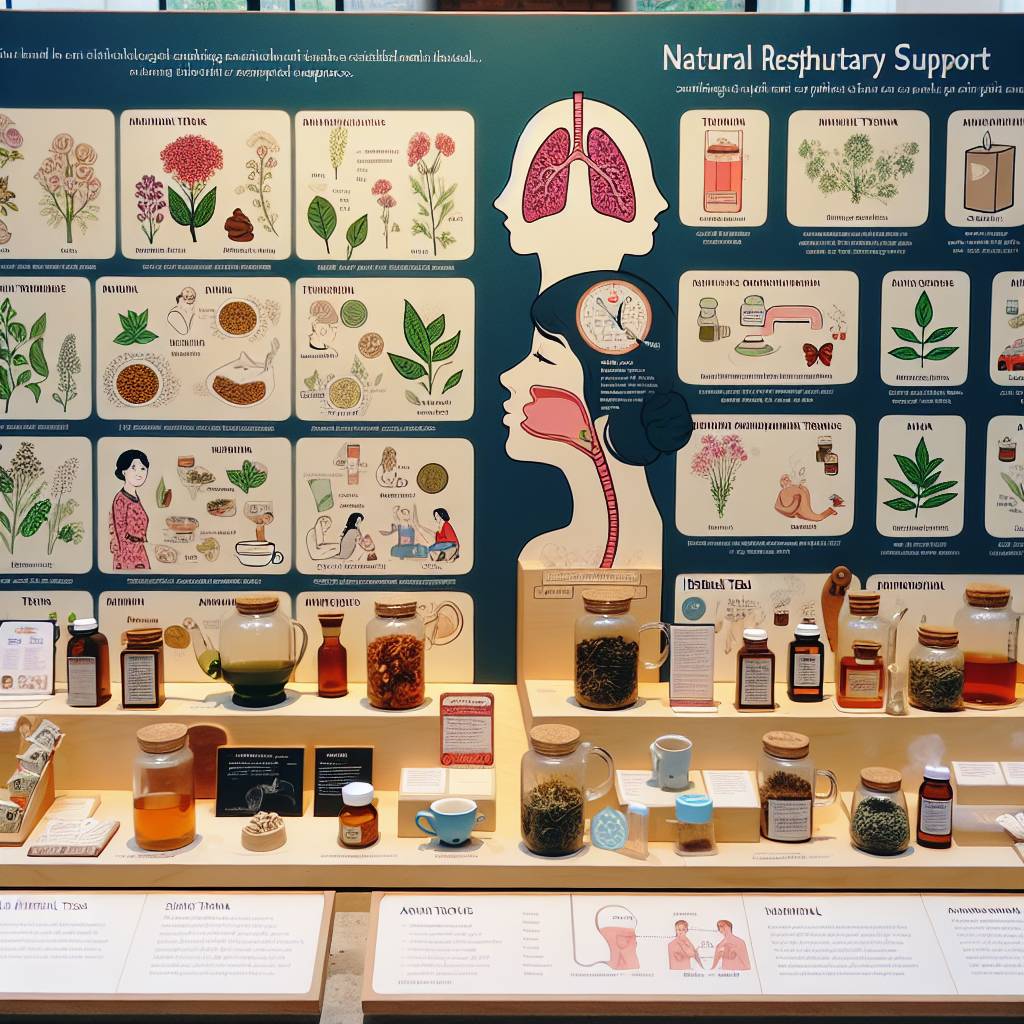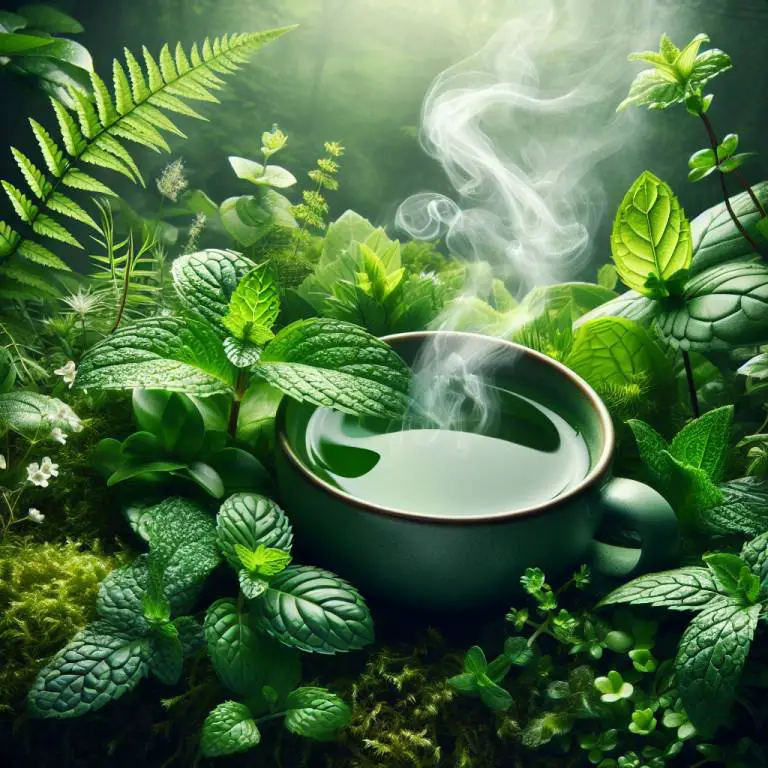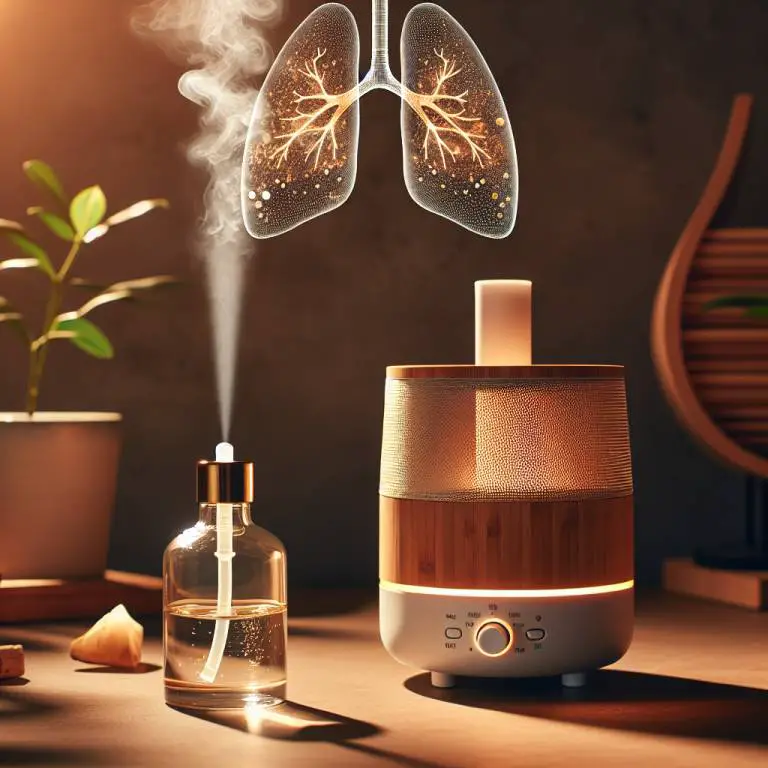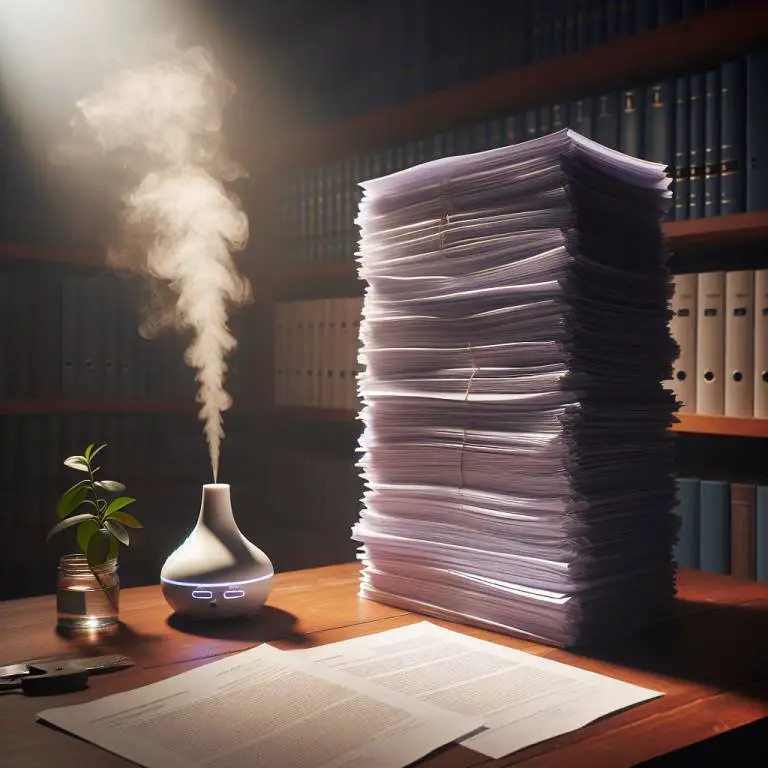Herbal teas vs. conventional treatments: A comparison for asthma management
Herbal teas, like ginger or licorice root, may soothe asthma symptoms for some people by reducing inflammation and relaxing airways. However, standard medical treatments for asthma, including inhalers and corticosteroids, are proven to be more effective in managing the condition overall. While herbal teas can complement traditional treatments, they should not replace them without a doctor’s advice. Always consult with a healthcare provider before trying new remedies for asthma management.

What are the common conventional treatments for asthma?
Asthma is a condition that affects the airways, making it hard to breathe. To manage this, doctors often prescribe inhalers. There are two main types: quick-relief inhalers for sudden symptoms and long-term control inhalers used every day to prevent attacks.
Besides inhalers, oral medications like leukotriene modifiers can also be prescribed. These help by reducing inflammation and tightening of the muscles around the airways. For severe cases, corticosteroids might be given through a nebulizer, turning medicine into a mist to be inhaled deeply into the lungs.
How do herbal teas work to alleviate asthma symptoms?
Herbal teas can soothe asthma symptoms in several ways. Some herbs have anti-inflammatory properties that help reduce swelling in the airways, making breathing easier. Others might relax the muscles around the airways, preventing them from tightening too much.
Additionally, drinking warm tea can help loosen mucus in the lungs, allowing for better airflow. This is especially helpful during an asthma attack when mucus production can increase and obstruct breathing passages.
Discover teas that can provide asthma relief. Learn about their types and brewing techniques for best results.
Can herbal teas be used in conjunction with conventional asthma treatments?
Yes, herbal teas can complement traditional asthma treatments under proper guidance. They are not meant to replace prescribed medications but can serve as an additional natural remedy to ease symptoms or reduce reliance on rescue inhalers.
However, it’s crucial to consult with a healthcare provider before adding herbal teas to your treatment plan. This ensures they won’t interfere with your current medications or trigger allergic reactions.
What scientific evidence supports the use of herbal teas for asthma?
Research on herbal teas and their effect on asthma is growing. Some studies suggest that certain herbs used in teas possess compounds that could benefit asthmatic individuals by reducing inflammation and relaxing bronchial muscles.
For instance, ginger tea has been studied for its anti-inflammatory properties which may aid in soothing irritated airways. However, more comprehensive research is needed to fully understand how effective these herbal remedies are and establish standardized dosages for treating asthma symptoms safely.
| Aspect | Herbal Teas | Conventional Treatments |
|---|---|---|
| Primary Ingredients | Ginger, turmeric, licorice root, peppermint | Inhaled corticosteroids, long-acting beta agonists, leukotriene modifiers |
| Mechanism of Action | Anti-inflammatory, antioxidant properties, may relax airways | Reduce inflammation in the airways, prevent asthma attacks, relax airway muscles |
| Efficacy in Asthma Management | Limited scientific evidence; may provide symptomatic relief for mild cases | Well-documented; effective in controlling symptoms and preventing attacks in most patients when used as prescribed |
| Potential Side Effects | Rare but can include allergic reactions or interaction with other medications | Possible side effects include oral thrush, voice changes, and increased heart rate among others |
| Cost Effectiveness | Generally low cost; accessibility varies by region | Can be expensive without insurance; costs vary based on treatment plan and country |
| User Experience | Natural taste preference; requires preparation | Daily use of medication; some devices require technique training |
Which herbal teas are most effective for managing asthma symptoms?
Several herbal teas have been identified as potentially beneficial for managing asthma symptoms. Green tea is often highlighted due to its antioxidant properties, which can help reduce inflammation in the airways. This can make breathing easier for people with asthma.
Another herbal tea that has gained attention is ginger tea. Ginger has compounds that may help relax the airways, providing relief during asthma attacks. Drinking a warm cup of ginger tea might offer comfort and ease breathing difficulties.
Are there any risks or side effects associated with using herbal teas for asthma?
While herbal teas can be a soothing and natural way to manage asthma symptoms, they are not without risks. Some individuals might experience allergic reactions to certain herbs, which could worsen asthma symptoms instead of alleviating them.
It’s also important to note that excessive consumption of some herbal teas may lead to side effects such as nausea or heartburn. Therefore, moderation is key, and it’s advisable to consult with a healthcare provider before incorporating new herbal teas into your regimen.
How should someone with asthma incorporate herbal teas into their treatment plan?
Incorporating herbal teas into an asthma treatment plan should be done cautiously and ideally under the guidance of a healthcare professional. Starting with small amounts can help gauge how the body reacts to the tea. It’s also crucial to ensure that the chosen herb does not interact negatively with any prescribed asthma medications.
Maintaining a diary can be helpful in tracking the effects of different herbal teas on asthma symptoms. This record-keeping can assist in identifying which teas provide relief and which ones do not have a noticeable impact or possibly exacerbate symptoms.
What do healthcare professionals say about using herbal teas for asthma management?
Healthcare professionals generally advise that while some herbal teas may offer benefits in managing mild asthma symptoms, they should not replace prescribed medications or treatments. They emphasize the importance of following established medical advice and treatment plans for managing asthma effectively.
However, many also acknowledge the potential role of complementary therapies, including herbal teas, as part of a holistic approach to health care. They recommend discussing any new treatments with a doctor or an asthma specialist to ensure they are safe and appropriate for individual health needs.
Final Thoughts
Herbal teas might offer some relief for individuals dealing with asthma by reducing inflammation and relaxing airways. However, it’s essential to approach their use carefully due to potential risks and side effects.
Talking to healthcare professionals before trying new remedies ensures that these natural options complement existing treatments safely and effectively. With proper guidance, incorporating certain herbal teas could become a valuable part of managing asthma symptoms alongside conventional therapies.






